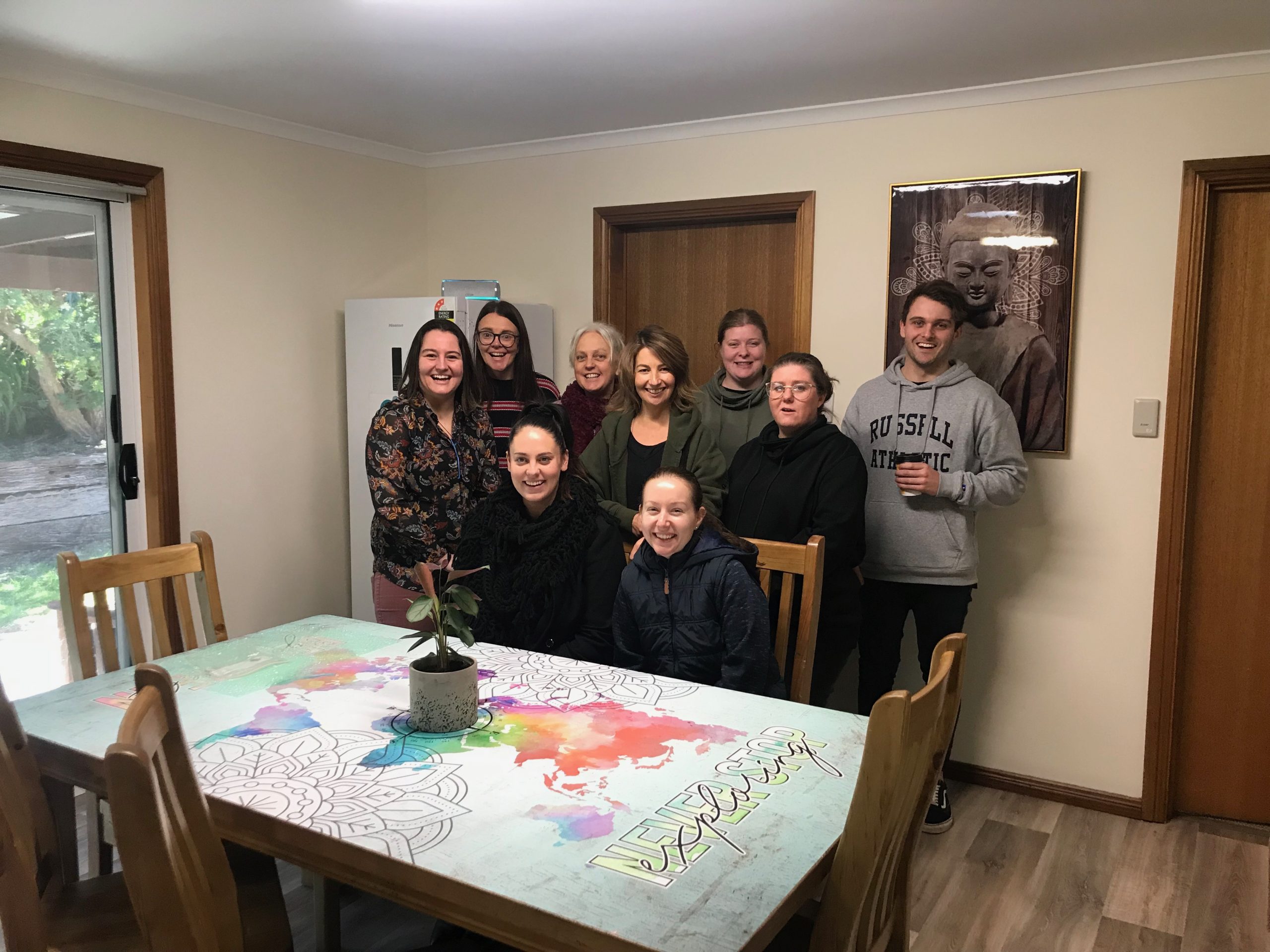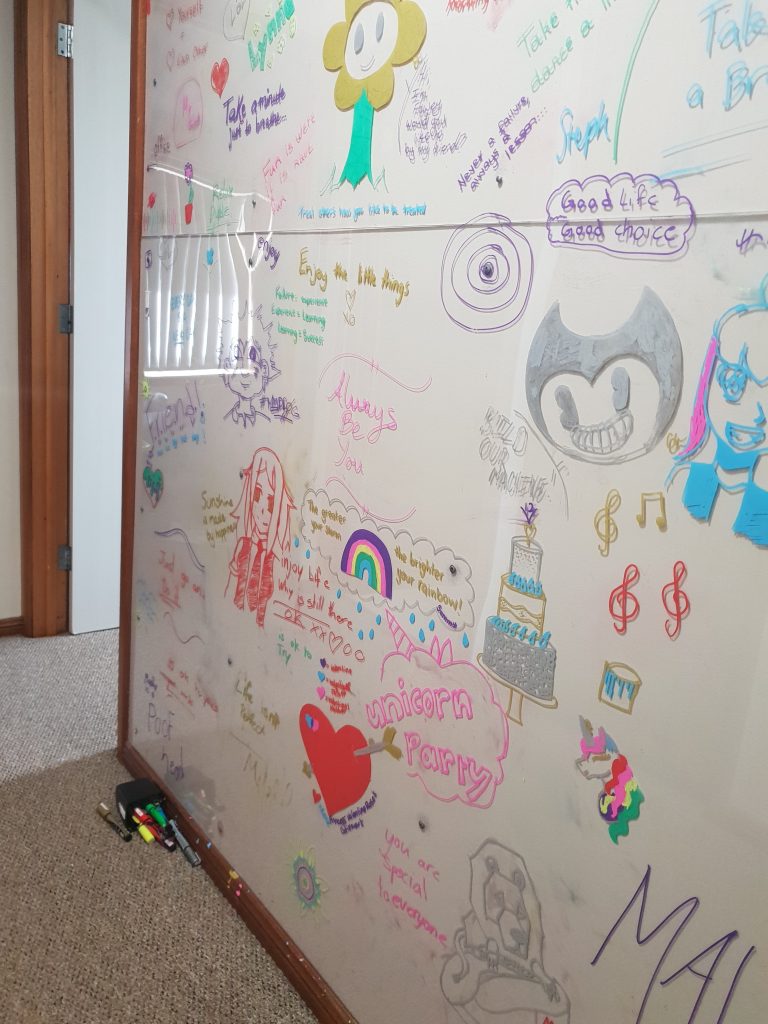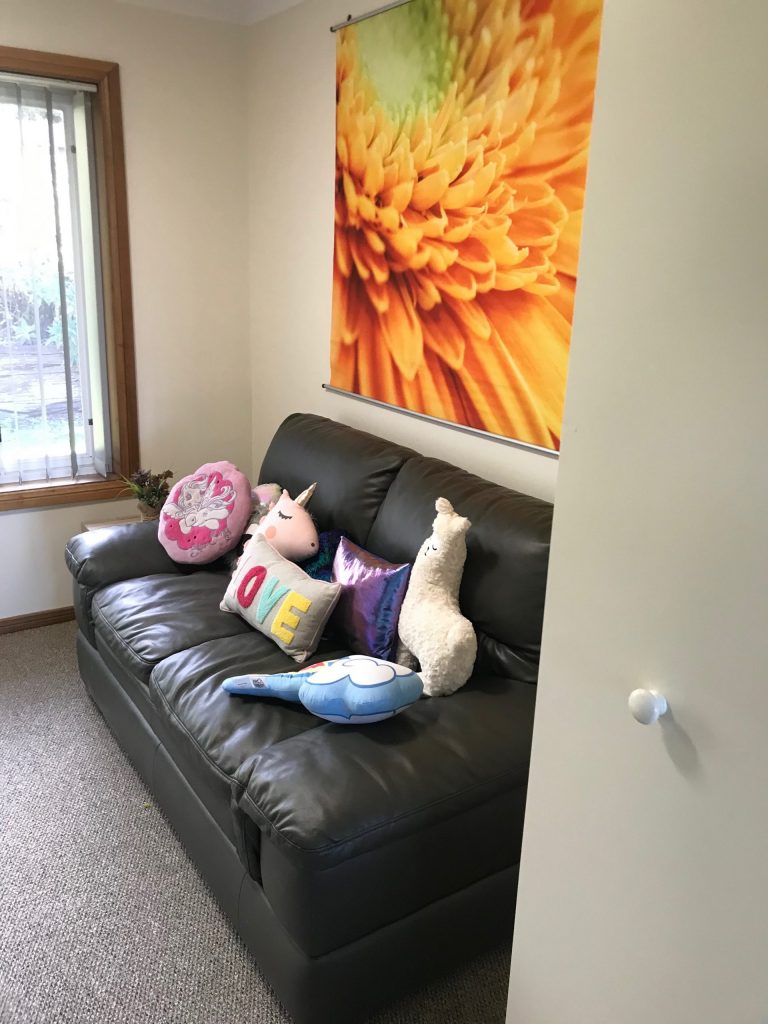
Therapeutic Strength Based Care (TSBC)
ac.care’s Child and Youth Residential Care Program provides medium to long term accommodation and support to children and young people aged 10 – 18 years, who are under the Guardianship of the Chief Executive of the Department for Child Protection and for whom foster or kinship care is not currently an option.
Our program provides children and young people with a safe therapeutic environment until they are able to transition into a longer term living arrangement, such as foster care, kinship care, reunification with family or support to transition into an independent living program.
Each individual child’s circumstances and reasons for coming into care are varied and complex. The children and young people that are referred to ac.care Child and Youth Residential Care have experienced trauma, abuse and neglect and many have experienced previous placement breakdowns.
The ac.care Child and Youth Residential Care Program is designed to provide a caring and nurturing home environment for children and young people conductive to growth and development, with a skilled staff team of child and youth workers able to respond in a therapeutic manner to the situations and struggles experienced by children and young people.
Our residential care houses are staffed 24/7 by ac.care child and youth workers and each house has the capacity for either 3 or 4 young people.
Program Intent - Therapeutic Strength Based Care
To deliver an outcome focused, therapeutic and strength aligned program that provides children and young people the knowledge, skills and resources to grow and heal from their past experiences, to experience optimal wellbeing and achieve their potential.
Staff Core Training:
TSBC Child and Youth Workers are provided with training in Therapeutic Crisis Intervention (TCI).
TSBC Child and Youth Workers are trained in Trauma Informed/Responsive Practice - IMPACT Respond Rather than React by the Life Buoyancy Institute (LBI), equipping staff to:
• Develop a deep understanding of the healing, developmental and therapeutic needs of children and young people.
• Learn how to apply intentional communication and strategies that directly target and “respond” to needs, as opposed to “reacting” to surface issues or client behaviours.
The approach has been built upon a growth-focused and positive psychology model, which is supported by an underpinning “intentional practice” approach. This scientific and strength-based approach empowers staff to help clearly articulate the growth and healing requirements for a child and employ effective strategies. The approach relies on all residential care staff applying mindfulness skills of being present and grounded in their approach.
In addition to the above core training, there are other mandatory training requirements prior to entering any ac.care environment.
UPDATE - 2018/2019
Caring homes accommodate young people
WE OPERATE residential, therapeutic care homes for up to 22 children and young people at any one time who are in need of short to medium care.
The intention is for the young person to transition to a long-term home-based foster care placement or be reunited with their parents.
In 2018/19 the six houses located in Murray Bridge and Mount Gambier were home to 34 young people, with 24-hour support from 70 therapeutic support workers, house supervisors and managers.
Over the past year, there has been a greater focus on ways to meet the individual care needs of young people.
Each child’s interests and specific care requirements are a key consideration to ensure the team at each home has the right resources to meet those needs and ability to connect on a personal level.
Keeping the children in focus informs the staff recruitment process and allocation of staff across the six homes.
Additionally, there has been greater emphasis on individual needs during the matching of young people who are sharing a home, despite the increasing pressure for additional placements.
This plays an important role in ensuring a safe and stable home environment and to avoid the placement breaking down.
Correct placement matching is crucial so that young people have the best possible outcomes.
A stable team in each home provides more predictable and regular care for young people.
Over the past year we have undertaken a review of staff allocations which guided an increase in permanency of positions and stability in rostering.
An increase in training opportunities enables a deepening of professional practice within the program on a daily basis.
Staff report it as one of the most valuable aspects of working with ac.care.
Therapeutic Crisis Intervention (TCI) is our core training, with psychology-informed support by Life Buoyancy Institute for staff in intentional practice and supervisor accreditation as IMPACT coaches.
The first intake of 18 staff in Mt Gambier to study Certifcate IV Child, Youth and Family Intervention is near completion.
Following an unfortunate placement breakdown and property damage, one of our homes had a transformation this year - from the ashes of disaster grew the roses of success.
The house has become an exemplar of therapeutic residential care under the inspirational vision of its supervisor and staff team.
Currently, the young people are very well matched and love their home!



